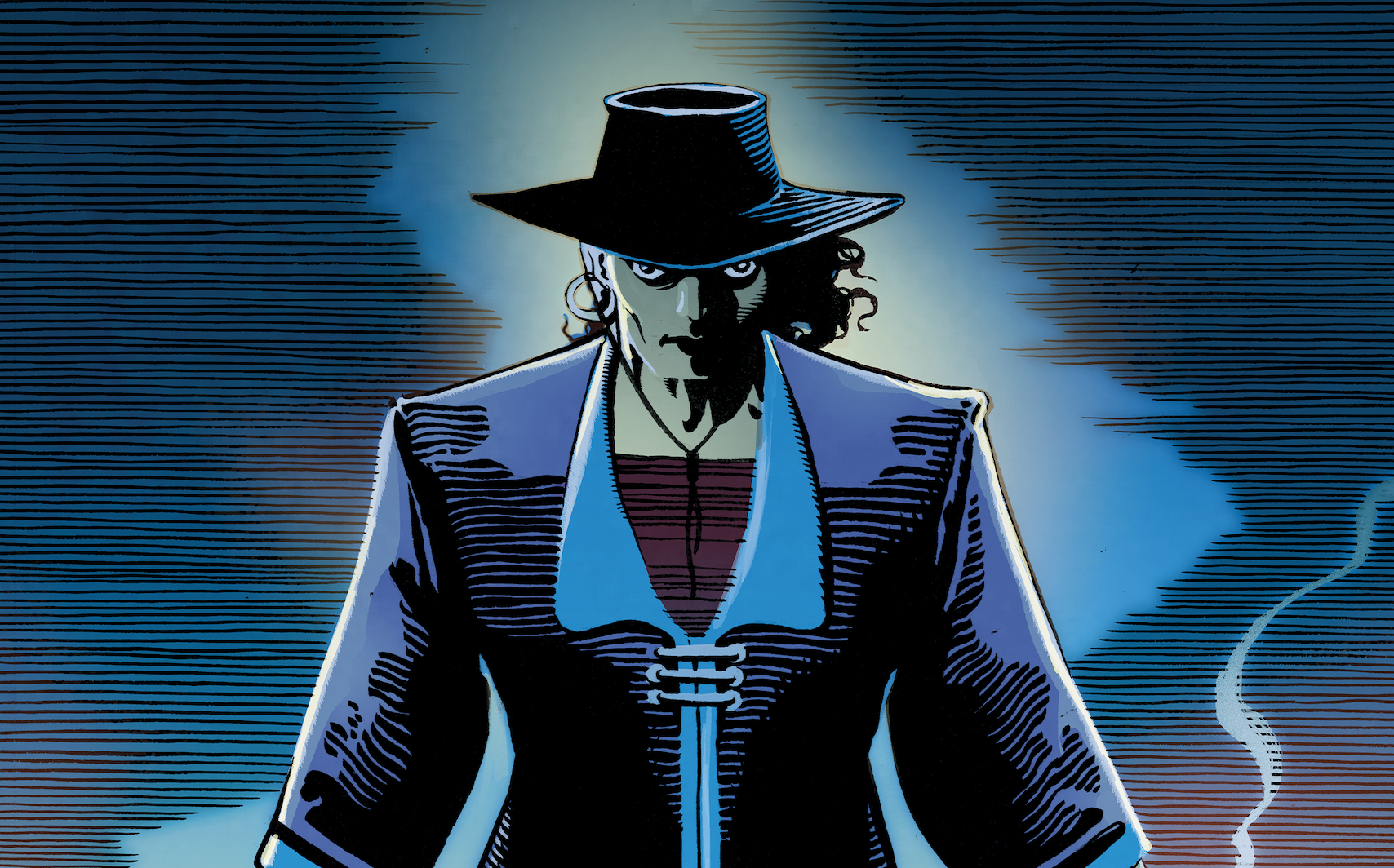
If you have not yet tuned into Comedy Central’s ‘Another Period’ series, starring the hilarious Natasha Leggero and Riki Lindhome, season 3 which just began is as good a time as any to start getting familiar with this show!
The comedy duo play Lillian (Natasha) and Beatrice (Riki) Bellacourt, and the show is set in the early 20th century, giving 21st century audiences a funny yet insightful look at the progression of society. In season 3, there is a focus on feminism and the women’s rights movement. But instead of the narrative you’d expect from a comedy show about feminism, the sisters are actually trying to work against the advances of women as a tool to point out how ridiculous it is when people even today balk at the idea of equal rights.
This is what makes the show clever and timely, despite being set in, ahem, another period. The satire series also plays off the cult-like popularity of ‘Downton Abbey’, yet the story lines are not entirely all fictional. In an interview with Splitsider’s Erica Lies, Natasha and Riki explain how the feminism-themed third season came about, and how specific character arcs were sourced from current day political stories.
In an interesting twist, the two women said they wrote this season in the Fall of 2016 in the lead up to the presidential election, with the expectation Hillary Clinton would win and America would see its first female president enter the White House. But alas, that real life narrative did not pan out as expected…

“We’d already written half the season [before the 2016 election], and we were like, ‘Okay, when this airs, we’re gonna have a woman president.’ So we thought, ‘How’s that gonna affect society?’ We figured there’d be a lot of backlash against women because we’d have a woman president. Then Trump won about three-quarters of the way through writing our season. So Comedy Central gave us more time and we reworked a lot of stuff,” said Natasha.
Reworking it meant they were also able to create episodes centered around current political narratives, such as the demonization of immigrants (an Italian family moves into their neighborhood) and the recent Alabama special election which saw Democrat Doug Jones beat Republican Roy Moore who was dogged with multiple accusations of child sexual abuse and pursuing underage girls while he was in his 30’s. This is a clever way of showing that although we have progressed, in many ways we haven’t.
“We have a prince who comes and only wants a girl who’s under 14, and we have all this stuff that’s been coming up in the news now. So we’ve just been lucky with how relevant it feels. When you…do the research, you think, ‘Oh wow, it was a hundred years ago and they were still trying to figure out how to not pay taxes and how to keep white people in charge of everything.’ So it’s like: Things are still the same,” said Natasha.

Although white women in the US have had the right to vote since 1920 thanks to the 19th Amendment, and black women since the Voting Rights Act of 1965, there are literally people across the country today who don’t think women should vote, and some even say this out loud. ‘Another Period’ tackled this issue, as well as gun control, but take the “wrong side”.
“We lobby Congress for women not to have the right to vote. We take a hardline point of view just to show the absurdity of it. There was an episode last season where Beatrice was against hatchet control, even though her husband had a problem where he had this phantom hand syndrome and he’d just grab hatchets and throw them at people. But she was still like, ‘We still need hatchets everywhere, it doesn’t matter how many people die!’ said Riki.
Along with the explicit political story lines are the cultural takes on women’s rights. They satirize the outcry from men over the all-female ‘Ghostbusters’ remake, by channeling that through women first being allowed to compete in the Olympics. Different event, similar arguments, proving that a lot of the push-back really is about sexism.
“At that time, people really were upset about women competing in anything and we’re still dealing with that,” said Natasha.
“And that was the first time women could compete and it was only in archery. And there were only six competitors in the Olympics. So we definitely weren’t taking liberties. That was real,” added Riki.

Playing wealthy white women also adds to the absurdity of the feminist themes, as seen in the episode about archery, where Lillian explains, “All wealthy women learn archery when they’re young. It’s the only sport that teaches the three basic tenets of womanhood: silence, standing still, and crushing boredom.”
Although the results of the election threw them for a loop, the frustration and anger they felt at Trump winning (as did many of us) was used as fuel for writing characters and episodes.
“There was definitely five days or so of crying in the writers room [after the election]. We had to take a lot of breaks from writing,” said Natasha.
“We did have to reframe and go, “What’s funny now?” It was a trauma in a way. We had to rethink how we were gonna formulate the rest of the season. And we basically just did it through Jason’s character,” said Riki, referencing Jason Ritter who plays Frederick, a guy who becomes president, and who they call their “stupidest character”.
“There’s an episode this season where he goes to a dodo bird hunter’s union and tells them he’s gonna un-extinct the birds and get their jobs back. So there’s some striking parallels this season,” said Riki.
Comedy is always a great way to deal with serious events that can be depressing, and ‘Another Period’ is proving to be both therapeutic and hilarious for us. Be sure to catch up on previous seasons and tune into season 3 on Comedy Central.
















